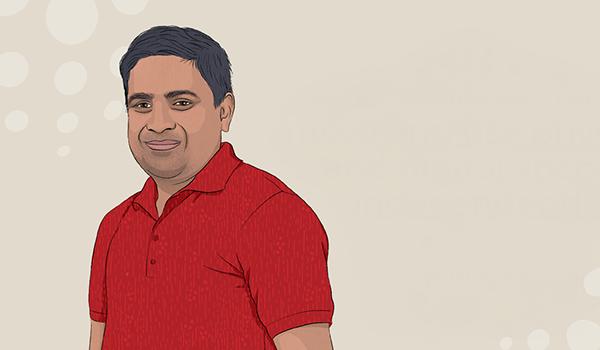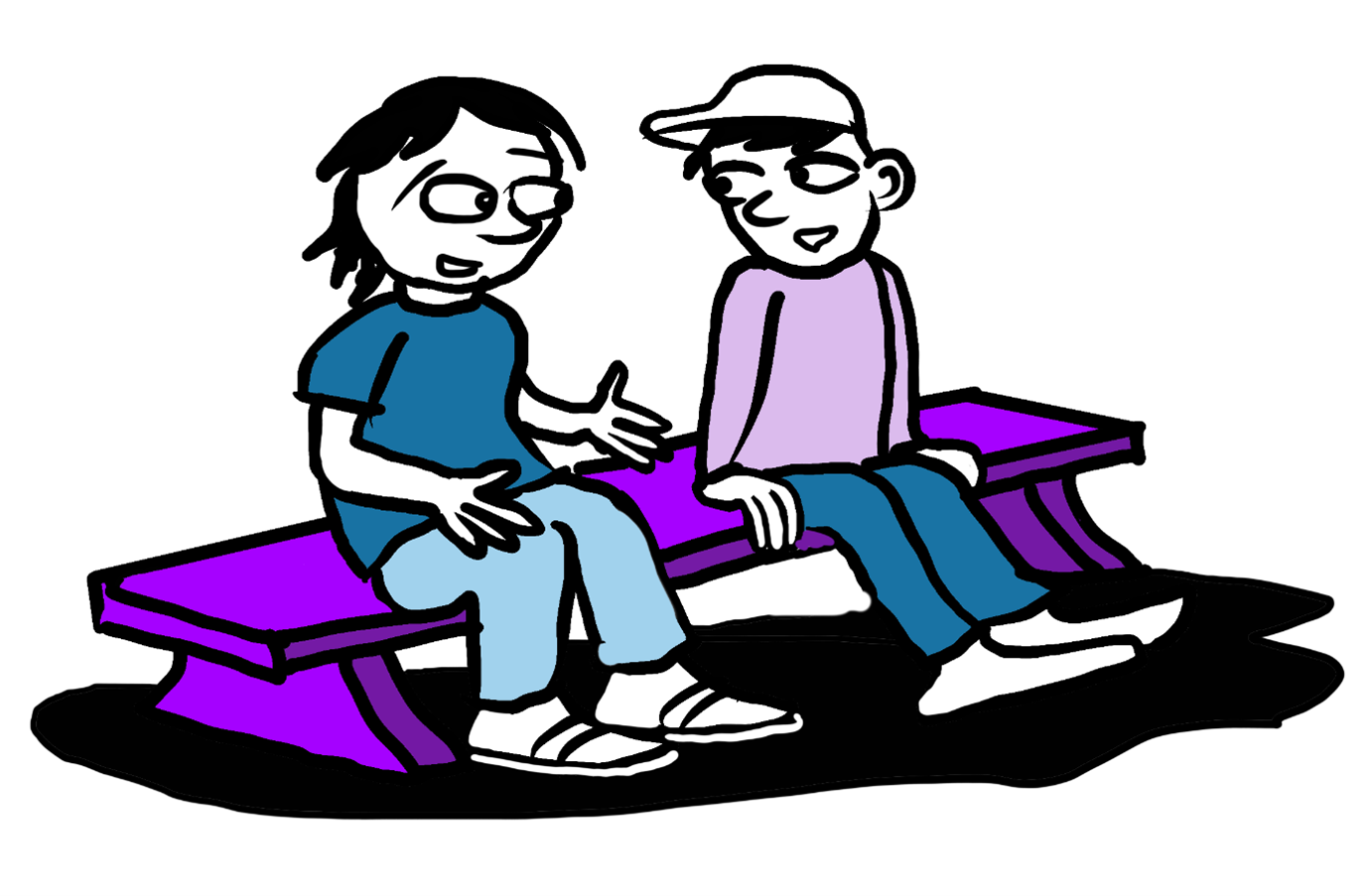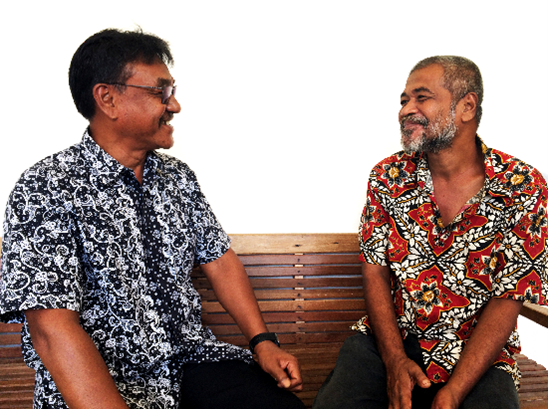Clear roads to dreams: Edwin Osundwa on accessibility and leadership
Idpd-case-studies, Stories | October 13, 2025
For Edwin Osundwa, disability equity and inclusion is not just professional work, it is personal.
As the Country Director of CBM Global in Kenya, Edwin brings lived experience of disability into leadership, showing what’s possible when people with disabilities are entrusted with responsibility.
“I see myself as an actor in a larger movement,” Edwin reflects. “Within the disability movement, there are advocates, program managers, journalists, accountants… everyone plays their part. For me, my role now is to lead by example, to show what a professional with a disability brings to the table.”
Edwin’s leadership role at CBM Global in Kenya reaches communities through programs and challenges assumptions about who can hold positions of authority.
“People look up to me and my team and appreciate the fact that persons with disabilities can and should also have leadership roles.”
Edwin remains clear about the barriers that remain. For him, accessibility defines whether a person with a disability “exists or stops existing.” He describes how inaccessible interview processes and limited access to educational materials once stood in his way.
“I’ve applied for jobs and been given interviews in formats I couldn’t access. I would finish with difficulty, sometimes even emerge the top candidate but decline the offer. My assumption was simple: if they don’t understand accessibility at the start, how could I deliver in that role?”
These barriers, he says, are like mountains: steep, costly, and impossible to climb without external support. “You need courage and self-effort, but you also need governments to invest in adjustments, employers to make accommodations, and allies to push alongside us. Without that, the mountain is too high.”
For Edwin, accessibility is not a privilege or an optional add-on. It is a right.
“It means removing the barriers that stop active participation without condition. This right is non-negotiable.”
“When people with disabilities are excluded or locked out of contributing to their society, that is an economic drain and a social injustice. Inclusion is not just the right thing to do – it benefits everyone.”
Asked to imagine a world without barriers to equity Edwin paints a vivid picture: “A world with clear roads to dreams. Where people don’t just see dreams, but also the road to achieve them. It becomes a world of possibilities.”
Through CBM Kenya’s programmes, Edwin is working to build those clear roads from ensuring eye health hospitals are accessible, to ensuring accessible information in humanitarian responses, and influencing national policy through strong partnerships with Organisations of People with Disabilities (OPDs).
Real change, he insists, must be driven by people with disabilities themselves, while bringing others along.
“Accessibility is universal. As people grow older, they too will need alternative ways of accessing information or moving through the world. This is about all of us.”
Accessibility is vital to building a more equitable world. Edwin believes it is part of unleashing talent. “When persons with disabilities are in all spheres, medicine, hospitality, leadership… stigma reduces, economies grow, and societies benefit.
Access means I can be what I aspire to be and contribute to a better future for myself and everybody.
https://www.cbm.org.au/stories/clear-roads-to-dreams-edwin-osundwa-on-accessibility-and-leadership
Related Stories

Access means I can move freely: Bimal Paudel on inclusion, innovation, and the ‘Accessibility Paradox’
For Bimal Paudel, disability inclusion isn’t just part of...

Strengthening communities for improved mental health
In the Philippines, people with psychosocial disabilities - particularly in rural and underserved areas...

Sustainable and replicable – our approach to mental health
At CBM, we realise that inclusion and mental wellbeing are foundational to the health...
